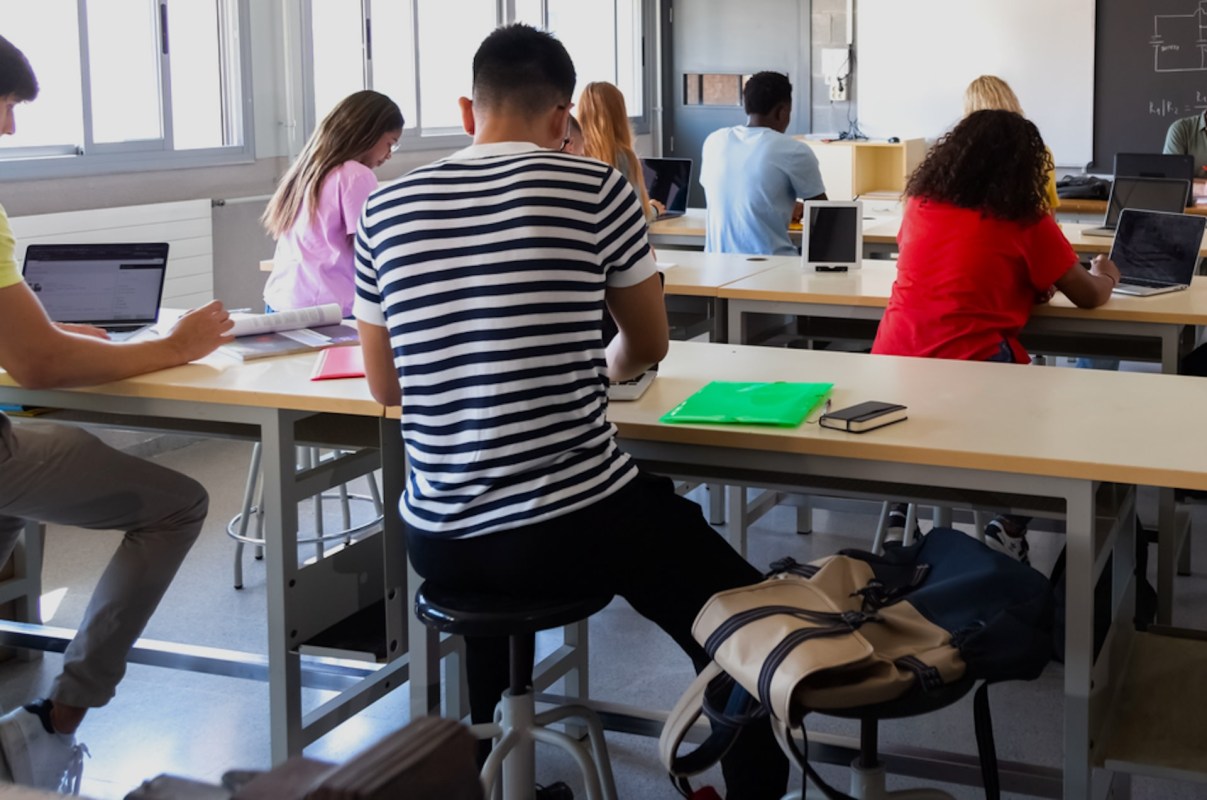While climate education and awareness of the problem continue to grow, a recent UNICEF-Gallup poll revealed a concerning gap in young people's understanding of the changing climate.
What did the poll find?
According to a UNICEF news release, the global UNICEF-Gallup poll found that while most children and young people have heard the term "climate change," only half can correctly identify its definition.
The press release explains the poll's findings: On average, 85% of survey respondents aged 15-24 across 55 countries reported that they'd heard of climate change.
However, only 50% of them selected the correct definition described by the United Nations Framework Convention on Climate Change (UNFCCC) when given the choice between "seasonal changes in weather that occur every year" and "more extreme weather events and a rise in average world temperatures resulting from human activity."
The poll found that young people's understanding of the changing climate was lowest in lower-middle and low-income countries, such as Pakistan (19%), Sierra Leone (26%), and Bangladesh (37%).
A 2021 UNICEF report called The Children's Climate Risk Index revealed that children in all three countries are at extremely high risk of exposure to climate and environmental hazards, which could worsen poverty, access to education, and health outcomes.
Why is this lack of understanding an issue?
The impacts of our overheating planet are already being felt across the globe, from extreme heat waves leading to water shortages and an uptick in mental health issues to rising flood risks causing the mass migration of millions of people.
The UNICEF news release stated that even though the United Nations Committee on the Rights of the Child recognized children's right to a clean, healthy environment and provided guidance on how to protect them, "children are largely disregarded in the decisions made to address the climate crisis."
If children and young people don't understand the issues they face, they won't know how to voice their concerns and ensure they have the tools to safeguard themselves and their communities.
"Highlighting the perspectives of young people is crucial. It helps today's policy makers understand the needs and views of rising generations in an era of rapid change and uncertainty," Joe Daly, senior partner at Gallup, said in the press release.
What's being done to educate people about the changing climate?
UNICEF explained that at the COP28 Climate Change Summit, which took place in Dubai near the end of 2023, the organization called on world leaders to ensure their decisions protect and consider children, including in climate education efforts.
It also encouraged all parties to empower children and young people to make a difference in their communities.
With infinite knowledge at our fingertips, it's easier than ever to educate ourselves about climate issues and make smarter choices for ourselves and the planet.
"Having witnessed the power of the youth climate movement, I am confident that informing and engaging even more young people around the climate crisis could help turbocharge the collective sense of urgency the world so desperately needs," UNICEF Executive Director Catherine Russell said in the news release.
Join our free newsletter for cool news and actionable info that makes it easy to help yourself while helping the planet.









